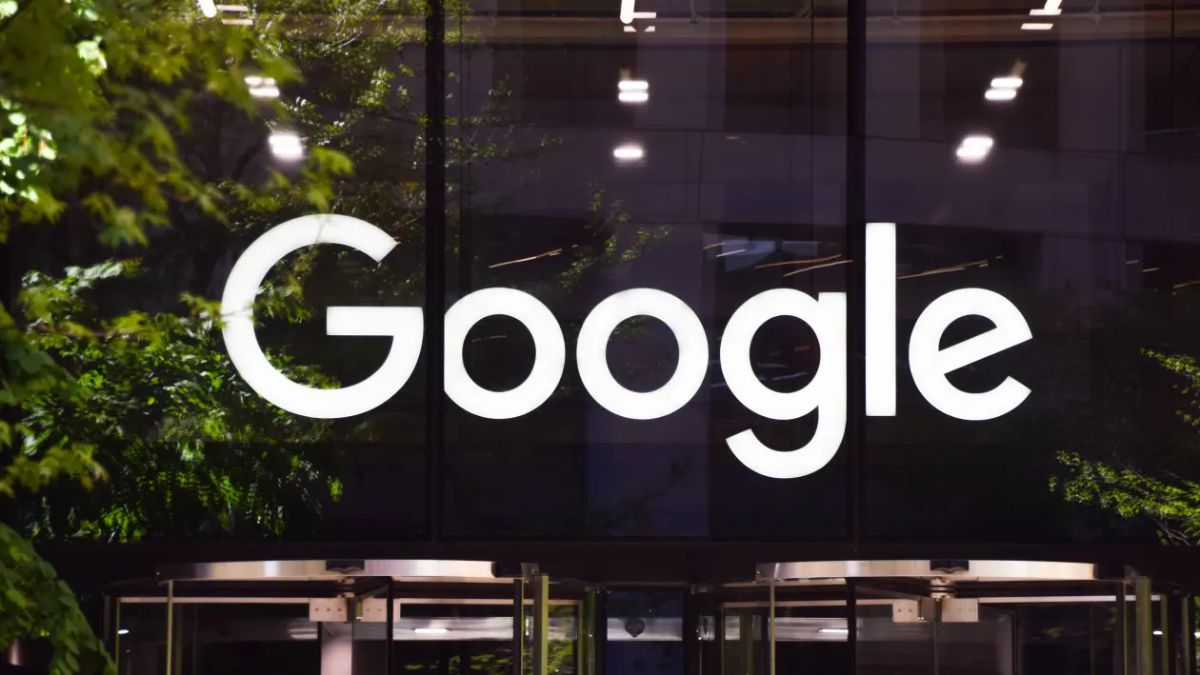Necessary Always Active
Necessary cookies are required to enable the basic features of this site, such as providing secure log-in or adjusting your consent preferences. These cookies do not store any personally identifiable data.
|
||||||
|
||||||
|
||||||
|

In Focus
U.K.’s Competition and Markets Authority (CMA) has renewed scrutiny over Google’s search and advertising services. According to CNBC, the regulator has designated Google the “strategic market status”, effectively marking the tech giant for further regulatory action.
U.K.’s CMA regulates Google search barely a month after the search giant introduced AI Mode to facilitate visual search experience.
CMA’s move to designate Google the strategic market status is the first under its new powers that are designed to enhance competition in the digital markets and drive innovation, growth and investment in the U.K.
Google’s antitrust regulation in the U.K. comes after an investigation that lasted close to nine months. Following the probe, the British regulator concluded that Google holds what it called “substantial and entrenched market power”.
“We have found that Google maintains a strategic position in the search and search advertising sector, with more than 90% of searches in the U.K. taking place on its platform. Having taken into account the feedback received following our proposed decision, we have today designated Google’s search services with strategic market status,” Executive Director for Digital Markets at the CMA Will Hayter said.
While activating the new powers on Google search regulation, the CMA said Google’s “strategic market status” does not mean the tech giant is guilty of wrongdoing. However, it means that Google could be compelled to make changes in the way its search engine works in the U.K.
It’s still unclear what measures the regulator will recommend but the British watchdog said discussions on possible interventions are expected to commence later this year. The regulator may require Google to give publishers more control on how their content is used, including AI-generated responses. The CMA could also require Google to adopt fairer practices in search rankings. The U.K. regulator stated that its scope does not include regulating Google’s Gemini AI assistant even though it included other AI-powered search features in its investigation.
Quick Preview of CMA’s Google Search Regulation:
Google responded to U.K. digital markets regulation saying that its search service contributes billions to the country’s economy. The search giant warned against measures which could stifle innovation and growth in the country.
“Many of the ideas for interventions that have been raised in this process would inhibit UK innovation and growth, potentially slowing product launches at a time of profound AI-based innovation,” Google’s Senior Director of Competition Oliver Bethell said.
Last month, Google announced a $6.8 billion investment towards U.K’s AI development. The company made the announcement as it opened the Waltham Cross data center in Hertfordshire, near London.
The $6.8 billion investment is part of the U.K.-U.S. tech prosperity deal signed during President Donald Trump’s second state visit. The deal establishes partnerships between the two countries in AI, civil nuclear energy, and quantum computing.
The U.K. Finance Minister Rachel Reeves called the investment a strong vote of confidence in the British economy and was a demonstration of the strong partnership between the U.S. and the U.K.
Bethell added that U.K. customers are among the first to benefit from the tech giant’s innovations before other European countries. To continue doing so, Bethell said that the U.K. needs to avoid “unduly onerous regulations” and learn from regulation outcomes in other countries.